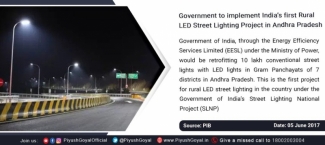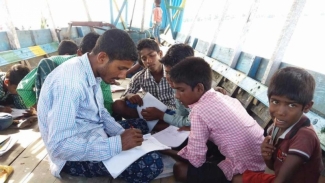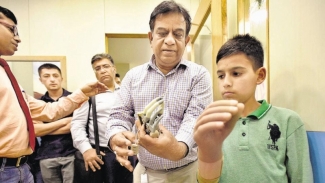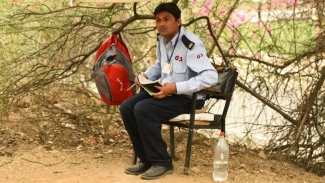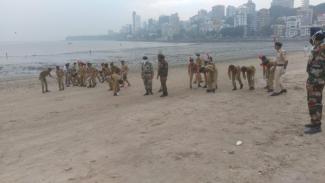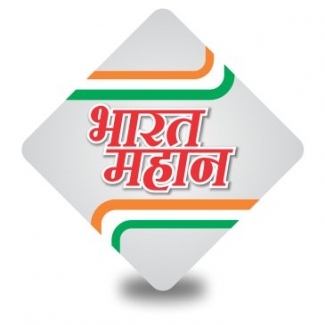
Union Minister for HRD Prakash Javadekar, in a reply to a starred question in Rajya Sabha, on Thursday said that in pursuance of the proposal of the Union Budget, 2018-19, to treat school education holistically without segmentation from pre-school to Class XII, the Department of School Education and Literacy has launched the Samagra Shiksha - an Integrated Scheme for School Education as a Centrally Sponsored Scheme with effect from the year 2018-19. This programme subsumes the three erstwhile Centrally Sponsored Schemes of Sarva Shiksha Abhiyan (SSA), Rashtriya Madhyamik Shiksha Abhiyan (RMSA) and Teacher Education (TE).
Samagra Shiksha is, therefore, an overarching programme for the school education sector extending from pre-school to class XII and aims to ensure inclusive and equitable quality education at all levels of school education. It envisages the ‘school’ as a continuum from pre-school, primary, upper primary, secondary to senior secondary levels. The Scheme would lead to an optimal utilization of budgetary allocations and effective use of human resources and institutional structures created for the erstwhile Schemes.
An allocation of Rs 75,000 crore over the period 1st April, 2018 to 31st March, 2020 has been approved for the scheme which is a 20% increase over the current allocations. Its main features, inter alia, are as follows:
- Annual Grant of Rs. 5,000 to Rs. 20,000/- per school for strengthening of libraries.
- Composite school grant increased from Rs. 14,500-50,000 to Rs. 25,000-1 lakh and to be allocated on the basis of school enrollment.
- Annual Grant for sports equipments at the cost of Rs. 5000 for primary schools, Rs. 10,000 for upper primary schools and up to Rs. 25,000 for secondary and senior secondary schools.
- Allocation for children with Special Needs (CwSN) increased from Rs. 3,000 to Rs. 3,500 per child per annum including a stipend of Rs. 200 per month for CWSN girls to be provided from Classes I to XII. – earlier it was only for classes IX to XII.
- Allocation for uniforms enhanced from Rs. 400 to Rs. 600 per child per annum.
- Allocation for textbooks enhanced from Rs. 150/250 to Rs. 250/400 per child per annum.
- Upgradation of existing schools.
- Upgradation of Kasturba Gandhi Balika Vidyalayas (KGBVs) from Class 6-8 to Class 6-12.
- Strengthening Teacher Education Institutions like SCERTs and DIETs to improve the quality of teachers with SCERT as the nodal institution for in-service and pre-service teacher training
- Enhanced use of digital technology in education through smart classrooms, digital boards and DTH channels.
As the Scheme expands support for school education at pre-school and senior secondary levels, it provides for additional job opportunities for teachers, part-time teachers, support staff in schools, resource persons for academic support to teachers, teacher educators and administrative personnel. Further, the matters related to requirement of manpower to administer the Schemes, recruitment and the terms and conditions of service fall within the purview of the States and Union Territories.






